
Wanless begins roll out of waste management at Sydney Showground for Quayclean Australia
Wanless Waste Management recently began installation of compactors and the rollout of bins at Sydney Showground, a major step in […]
Read More

Wanless Waste Management recently began installation of compactors and the rollout of bins at Sydney Showground, a major step in […]
Read More
n an age where smartphones and digital devices are central to daily life, it’s surprising to witness a significant slowdown in the tech industry. This digital downturn began in 2021, despite the growing need for technology, and has impacted everything from smartphone manufacturing to semiconductor supply chains. The question arises: why are we experiencing this downturn, and what does it mean for the future of tech and e-waste management?
Why We’re Experiencing the Digital Downturn
Several factors contribute to this digital downturn. A key driver is the global semiconductor shortage, a result of multiple challenges including the COVID-19 pandemic, trade wars, and rising production costs. The pandemic caused a surge in demand for home-office devices, stretching the limits of the semiconductor industry, while geopolitical conflicts, such as the US-China trade war and the Russia-Ukraine war, disrupted supply chains. As a result, tech companies have struggled to keep up with demand, pushing prices up and production down.
Read More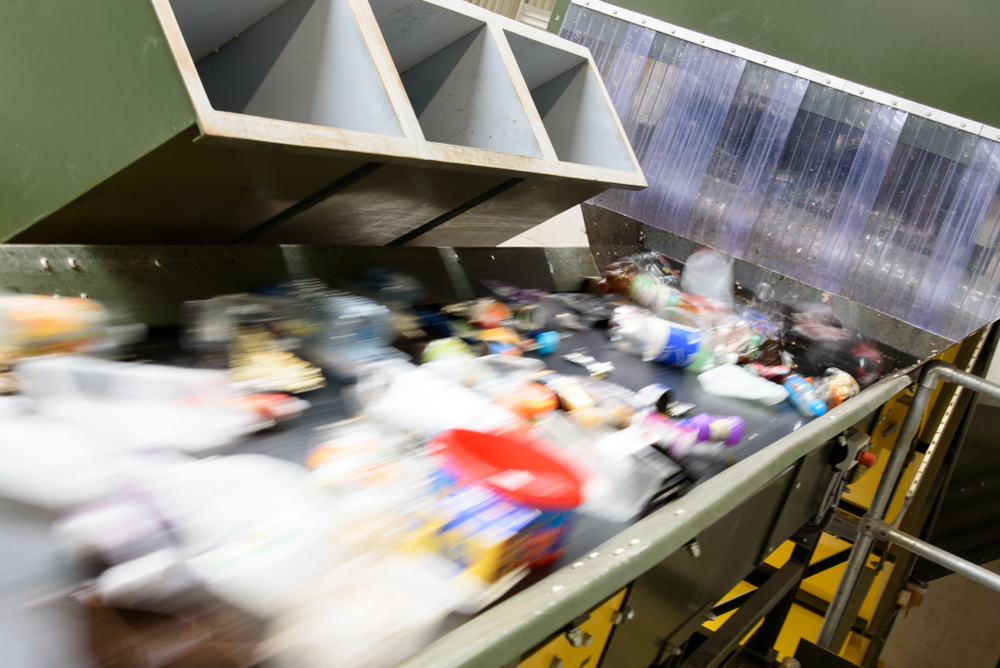
Waste management is a critical aspect of any business operation, yet it’s often overlooked or misunderstood. So what is waste management? At its core, waste management is the collection, transportation, processing, recycling or disposal, and monitoring of waste materials. It’s a complex process that involves multiple stakeholders, regulations, and technologies. For businesses, effective waste management is not only a legal obligation but also a strategic opportunity to reduce costs, improve efficiency, and enhance sustainability.
Read More
As the world transitions to clean energy technology, managing the hazardous waste that it produces becomes an urgent issue. Australia is well positioned to take the lead in this field and create a vertically integrated supply chain for critical-minerals and hazardous-waste management. It can do so by building on its excellent import-export infrastructure and expertise in natural resource extraction and handling.
Read More
Wanless’s decision to employ Volvo Construction machinery was driven by the collective recognition of the automotive group’s superior quality and operator comfort.
Read More
The announcement of plans to host the 2032 Olympic and Paralympic Games in Queensland has sparked a wave of anticipation and excitement, not only for the sporting spectacle itself but also for the potential long-term benefits it could bring to the region. At the forefront of these plans is a commitment to ensuring that the Games leave a lasting legacy of sustainability and responsible waste management.
Read More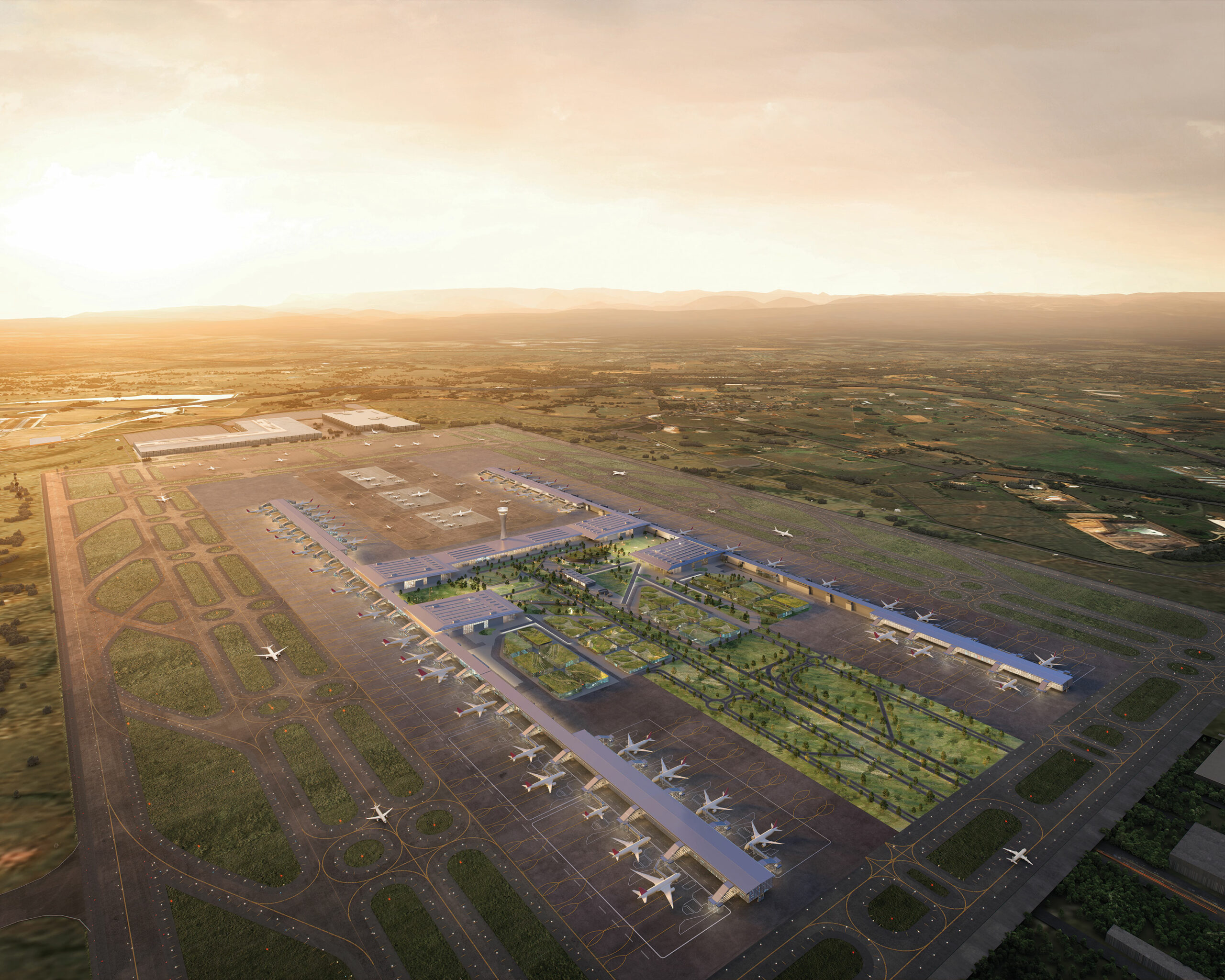
The recent completion of the final layer of asphalt on Western Sydney International Airport’s (WSI) 3.7km runway signifies a significant achievement for the project. While the construction of the runway is finished, the tasks of line marking and installing the 3,000 runway lights will occur later in 2024.
Read More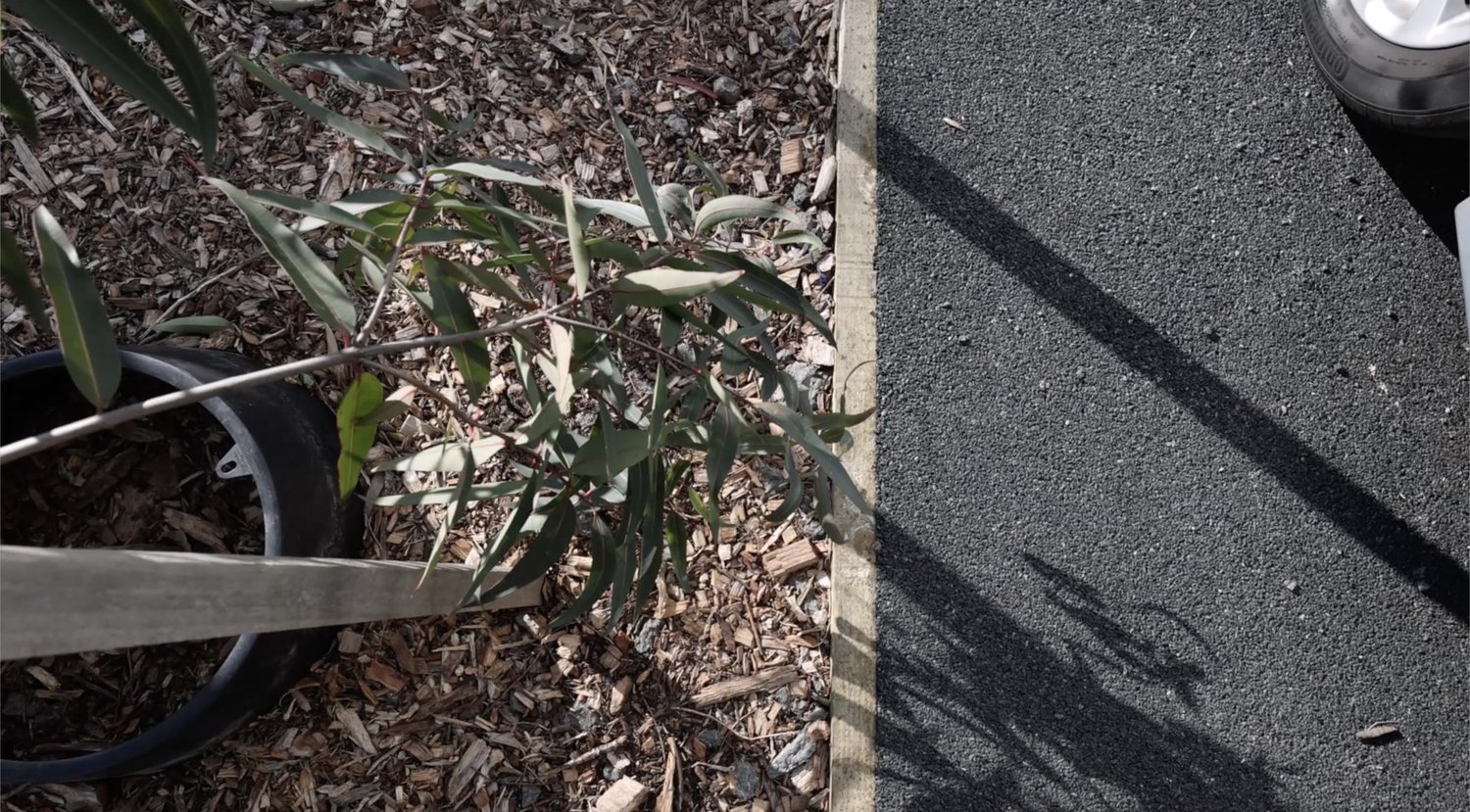
An exciting new innovation in the waste industry is currently unfolding as Australia embarks on a ground-breaking trial – the first-ever recycled kerbs project underway at the Pakenham Level Crossing Removal. This ambitious initiative is a collaborative effort between Victoria’s Big Build, the University of Melbourne Faculty of Engineering, and Porous Lane, a cutting-edge company specialising in tyre recycling. The venture has not only captured attention but has also received substantial support, including a grant from Sustainability Victoria, showcasing the industry’s commitment to pioneering sustainable practices.
Read More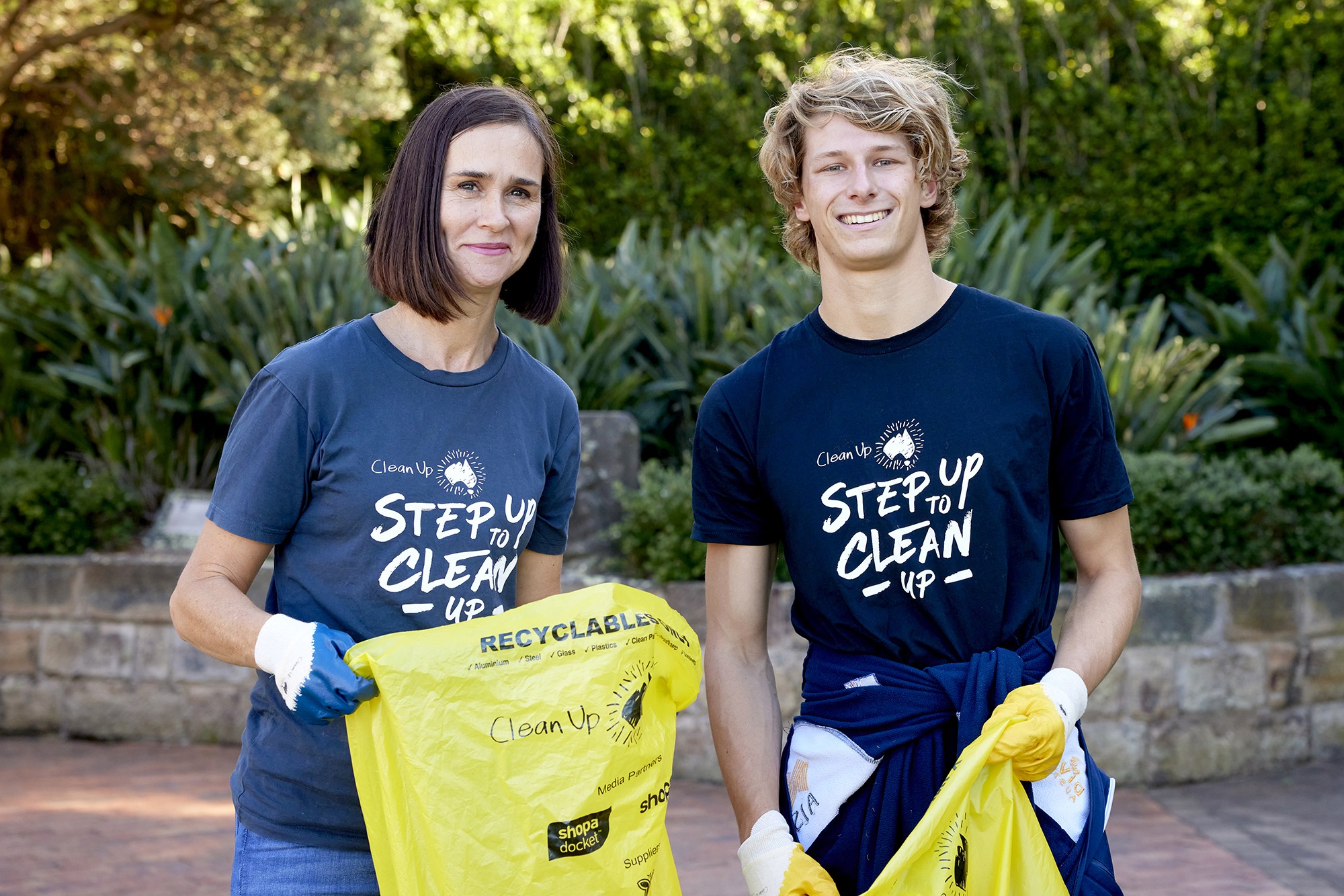
Anticipation is building for Clean Up Australia Day 2024, as more than 760,000 volunteers gear up for a day of positive environmental action on Sunday, 3rd March.
Read More
Rubbish removal is an essential service that keeps our environment clean, safe, and healthy. Whether you are a homeowner, a business owner or a property manager, it’s important to ensure that your waste is managed and disposed of properly. In this article, we’ll discuss the importance of rubbish removal in Australia, the benefits of professional waste management and how you can choose the right service provider for your needs.
Read More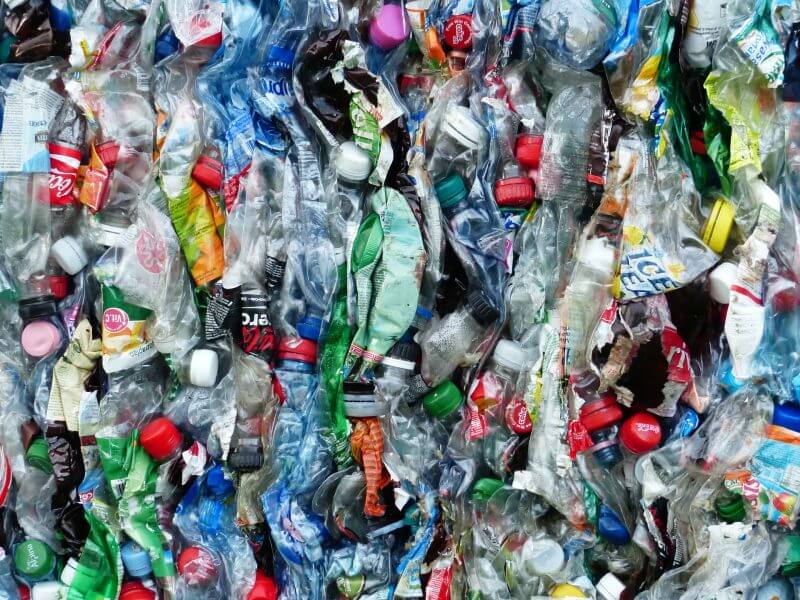
In recent years, the global conversation surrounding environmental sustainability has centred around the ever-growing plastic pollution crisis. Different States and Territories have implemented their own plastics policies; Plastic policy in NSW reflects a commitment to mitigating the environmental impact of plastic waste. Through measures such as the single-use plastics ban and ongoing efforts to address the challenges of soft plastics recycling, the state is paving the way for a more sustainable future.
Read More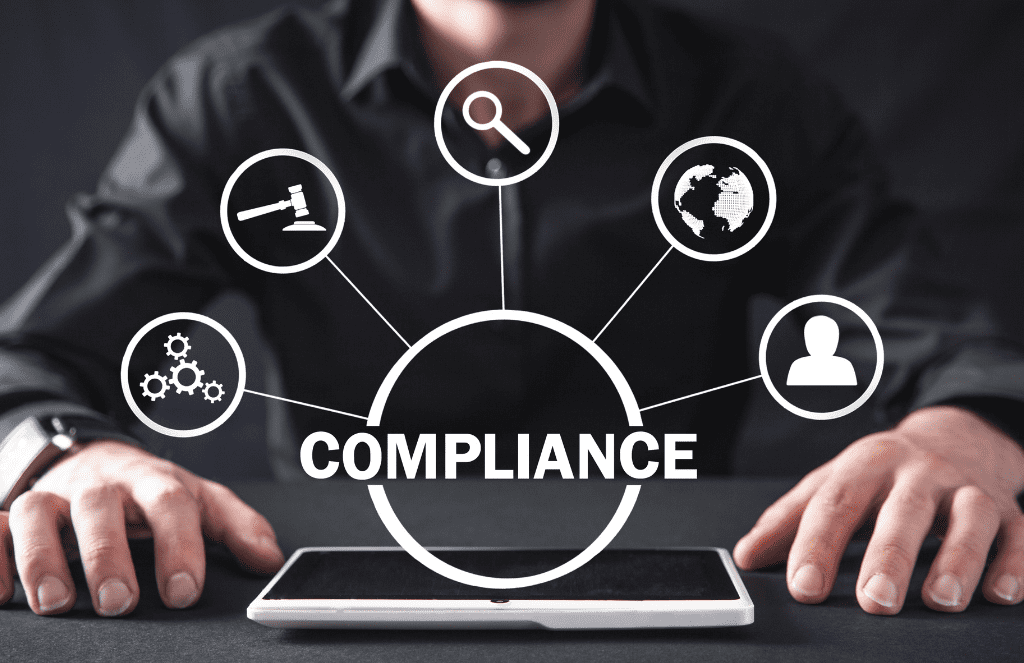
Waste management is a critical aspect of environmental sustainability. So what are the guidelines for waste management in Australia? By adhering to the National Waste Policy, state and territory regulations, waste classification systems, and embracing recycling initiatives, Australia is actively working towards minimising its environmental footprint. Individuals and businesses alike play a pivotal role in contributing to the success of these guidelines by staying informed and adopting responsible waste management practices in their daily lives.
Read More